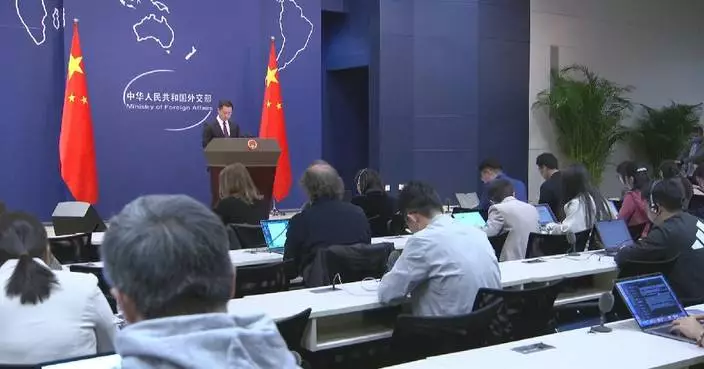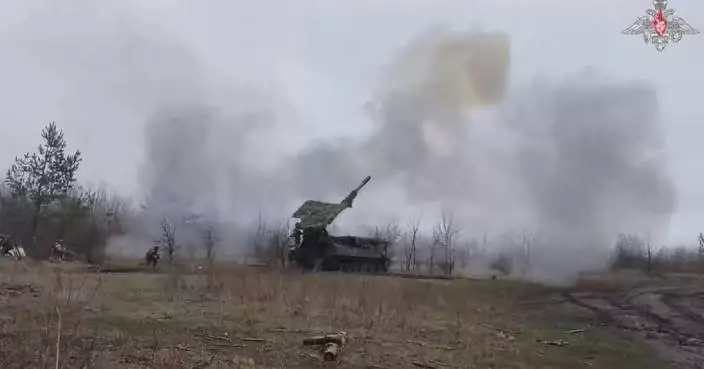The decision by the United States to block the acquisition of U.S. Steel by Japan's Nippon Steel, the world's fourth-largest steel producer by volume, could have far-reaching consequences for the country's global reputation and business relations with other nations, experts have warned.
President Joe Biden announced on January 3 that the U.S. government was against the 14.1 billion-dollar acquisition, citing national security concerns and urging the companies to abandon the deal permanently.
According to Lim Tai Wei, a professor at Soka University of Japan, the business community is scrutinizing the Biden administration's decision to block the acquisition of U.S. Steel, weighing its implications on the global steel industry and the future of foreign investment in the United States.
"The decision will have an impact on the business community. As they wonder, what are the mechanisms as well as concerns that scuttle the deal, at least during the Biden administration? And they will also observe how the second Trump administration will adjudicate this deal because many within the Japanese business community are very enthusiastic to invest in the U.S. In fact, Japan is the largest investor in the U.S. in terms of country ranking. This will just be a minor sort of incident, which they want to learn from and to get precise information on how to avoid similar situations in the future," he said.
Einar Tangen, a Beijing-based American political and economic affairs commentator, labeled the decision a significant incident. He pointed out that the move, combined with President-elect Donald Trump's statement that he wouldn't rule out using military force to seize control of the Panama Canal and Greenland, could erode the U.S. credibility and trustworthiness.
"If you don't trust your closest allies, that means you don't really trust anybody. And a country or individual who trusts nobody is inherently untrustworthy. This is not a small incident. It comes on the tale of Donald Trump announcing that he's not taking armed force off the table in terms of acquiring Greenland," said the commentator.
Tangen argued that the series of events underscores the unpredictability of the U.S. business environment, potentially creating a lose-lose situation for both the U.S. and investors.
"These do not add up to a stable environment and business is about predictability. I'm not going to invest if I don't know if I'm going to make money and I'm not going to invest on a candidate who will be gone in four years. I don't see this as a good prognosis for anybody. This idea that the world should support the U.S. economy is what Trump is selling. That doesn't sit well with the rest of the world, especially those who feel that they've gotten the wrong end of the stick economically from these many years," he continued.
When asked if there is still a pro-free trade faction in the U.S., Tangen acknowledged its existence but noted that their influence is waning, as advocating for free trade could lead to accusations of being unpatriotic.
"If they bring up free trade, they might be accused of being a traitor to America. So right now, politically, you have to keep quiet if you're not going with the flow," he said.
Tangen further argued that Trump's strategy of re-industrializing the U.S. might struggle to make the country competitive globally due to high domestic production costs. "What Donald Trump has set up here is Making America Great Again by re-industrializing it. Unfortunately, with the value of the dollar, the labor expenses, everything that goes into compliance, construction, land, the time that goes in, as we've seen with all of these chip plants, it is not going to be an easy road for the U.S. to become competitive with countries that pay much less and are much easier to do business in," he added.

U.S. move to block Japanese steel acquisition could have far reaching impact: experts


















































